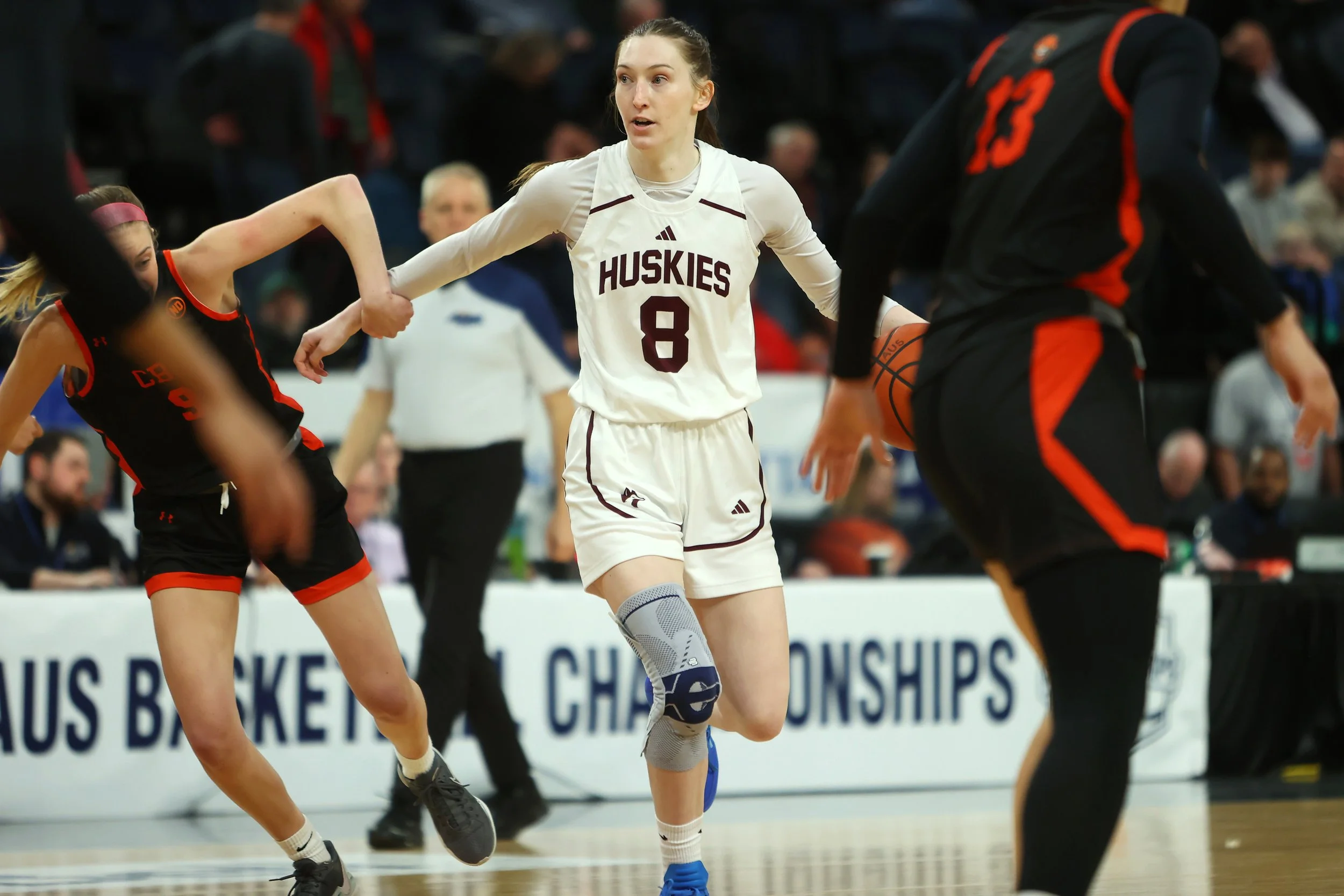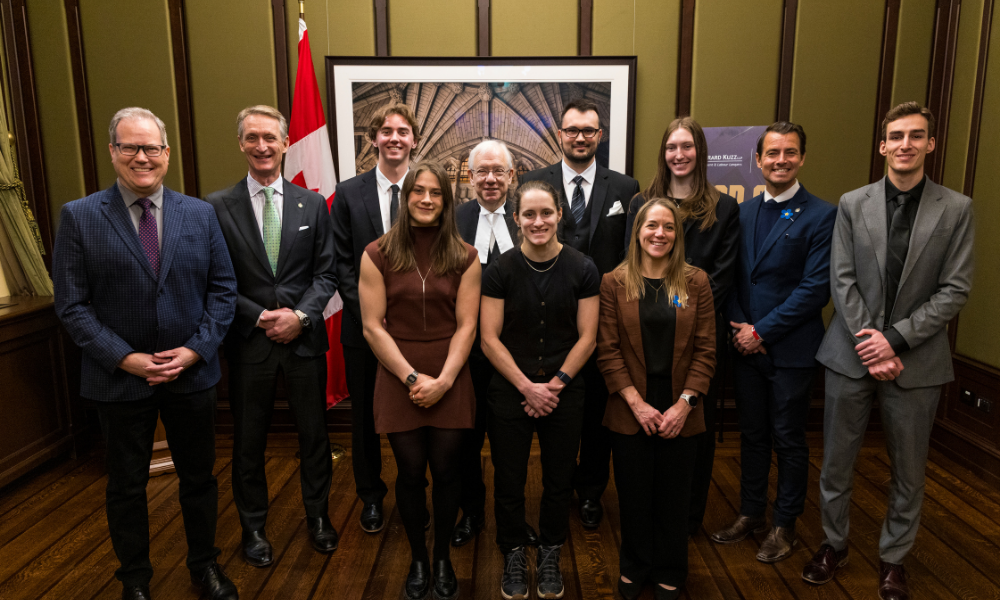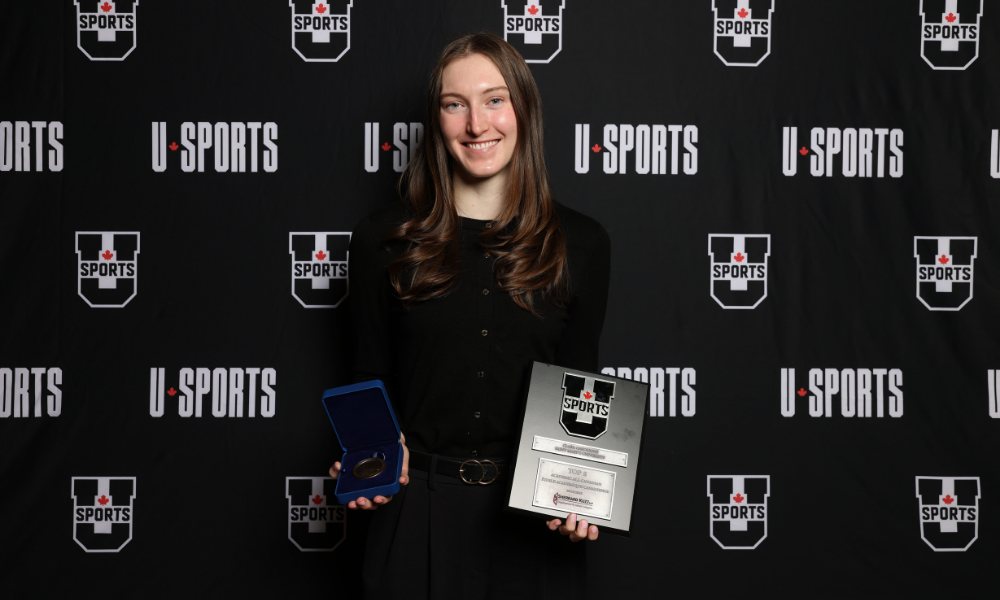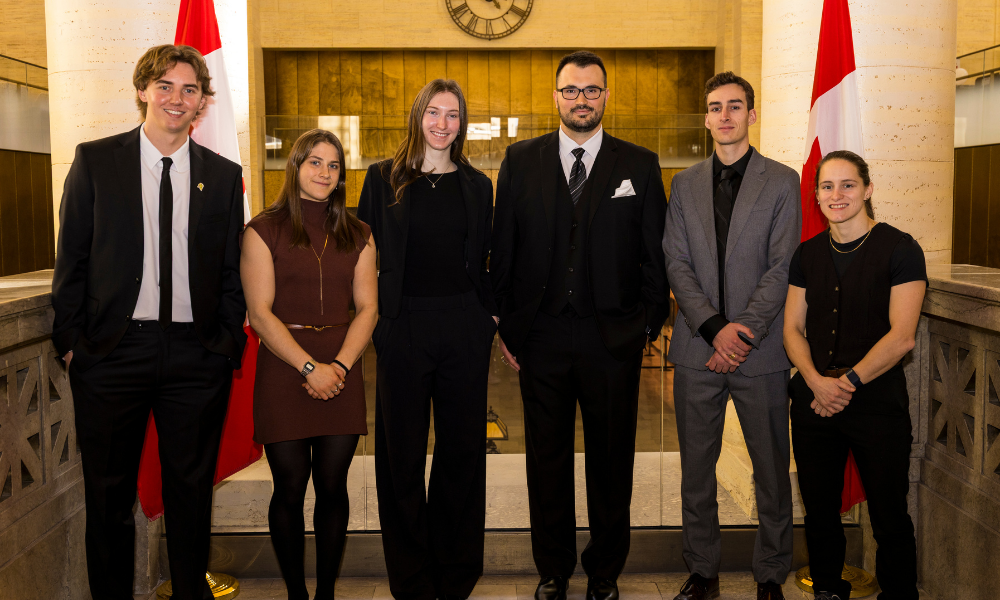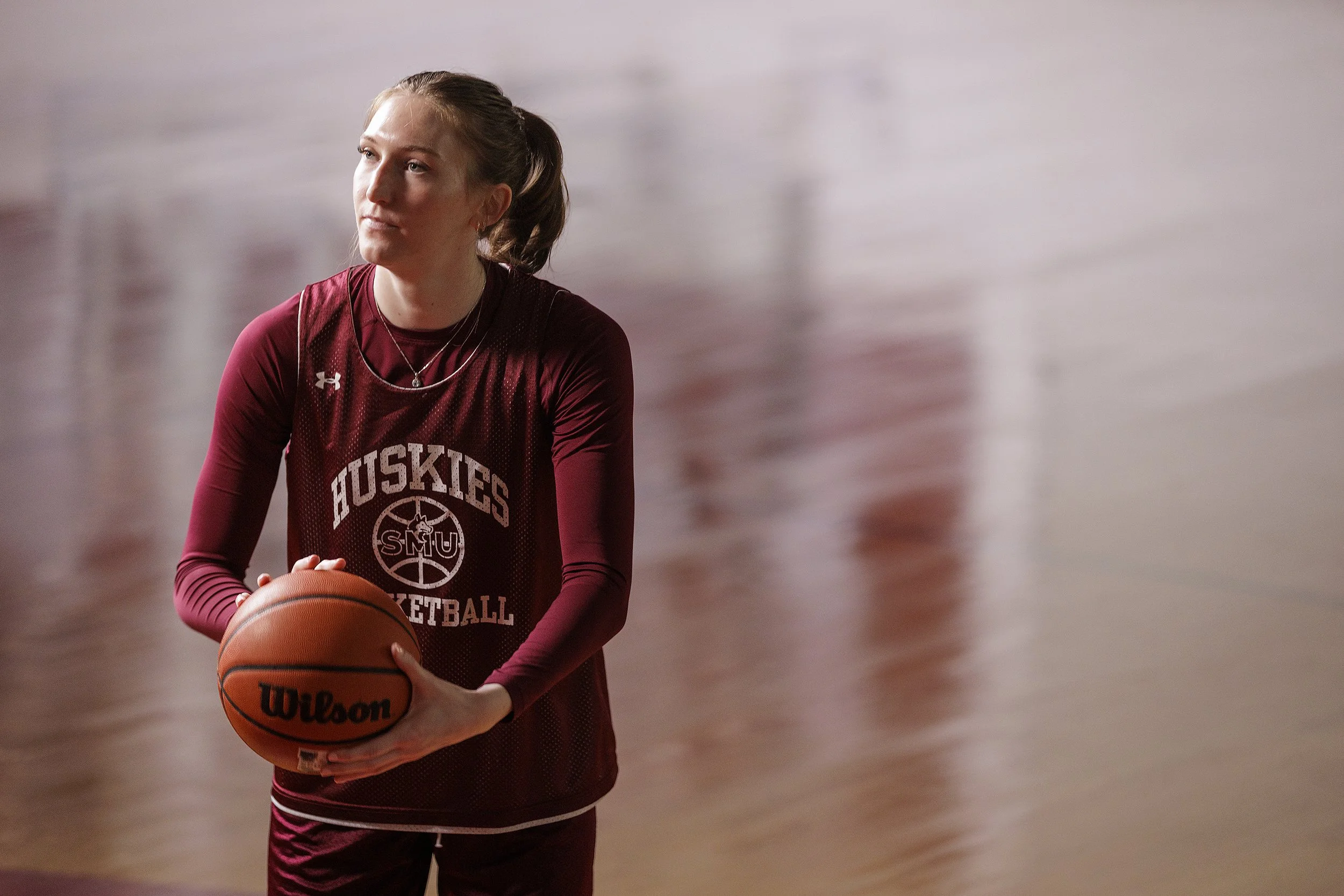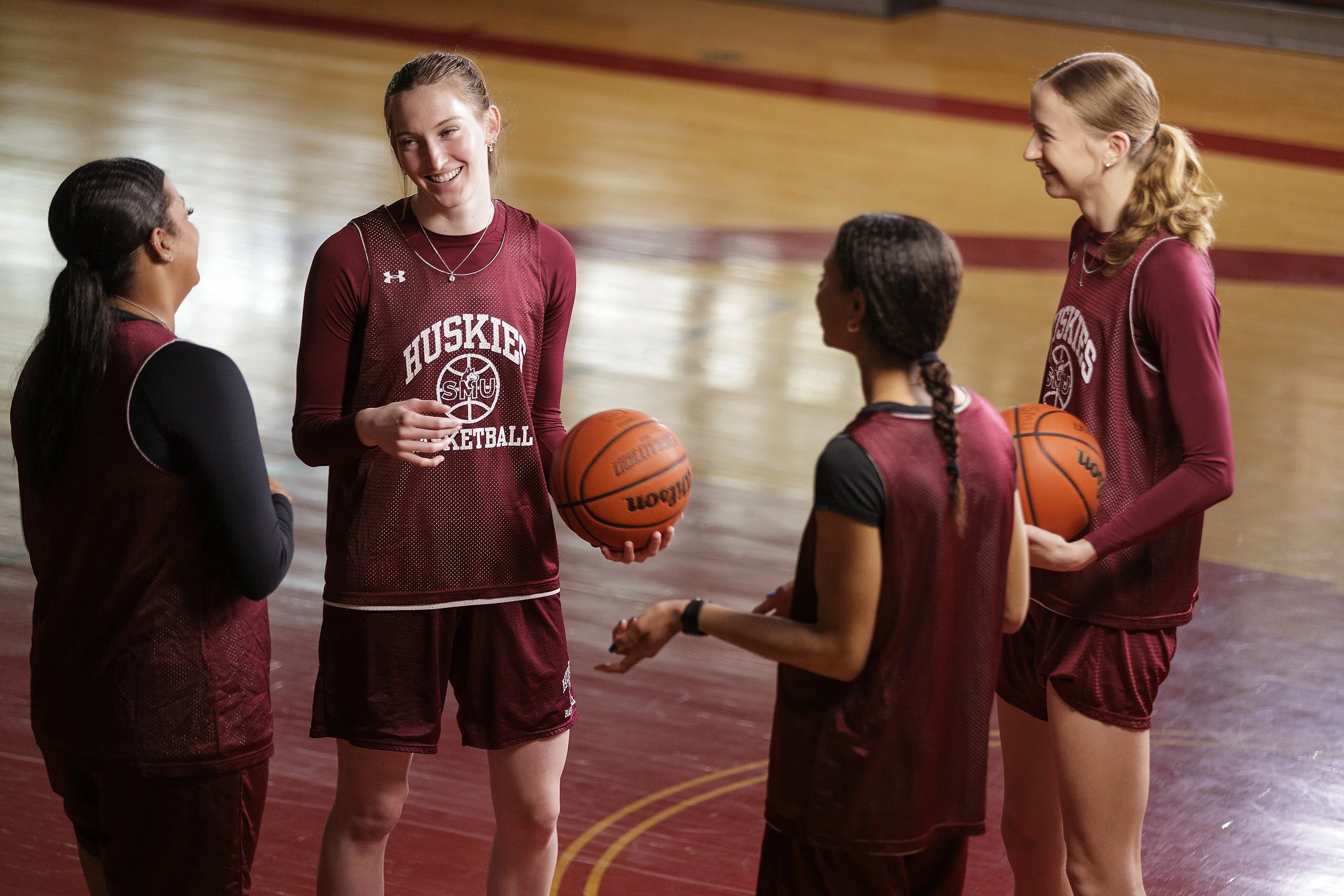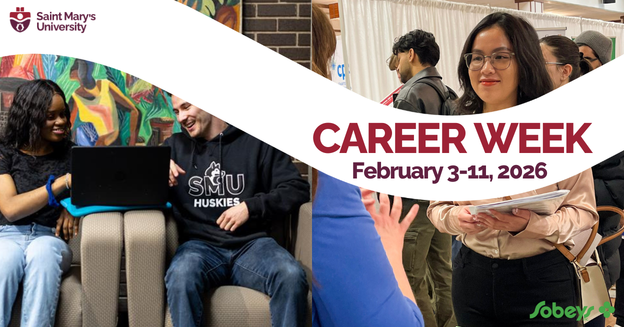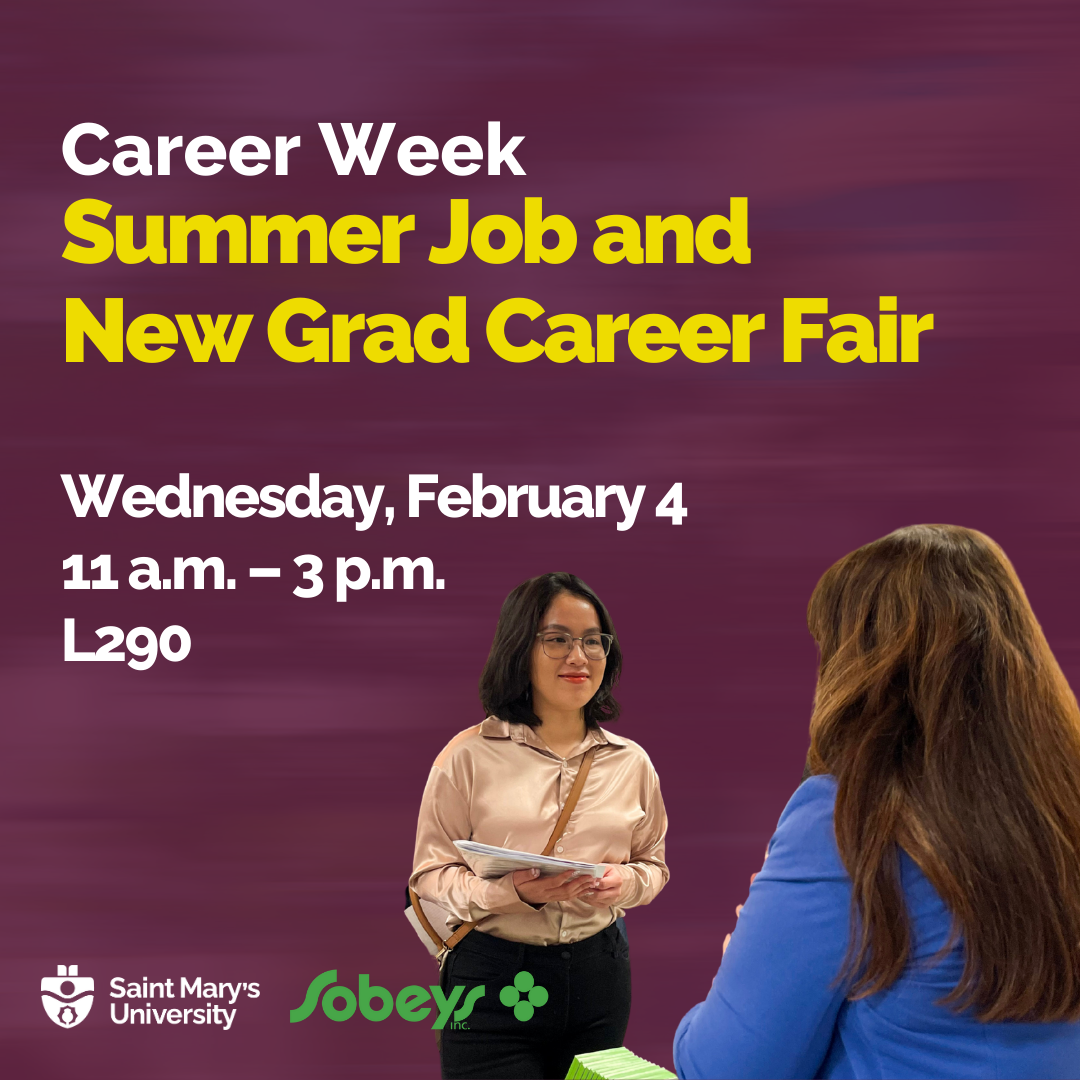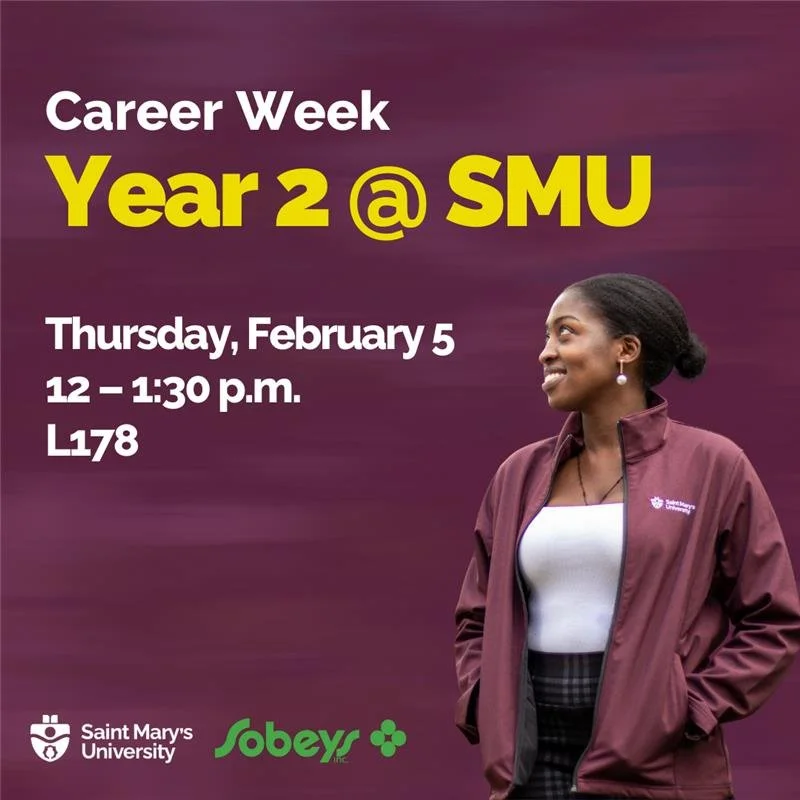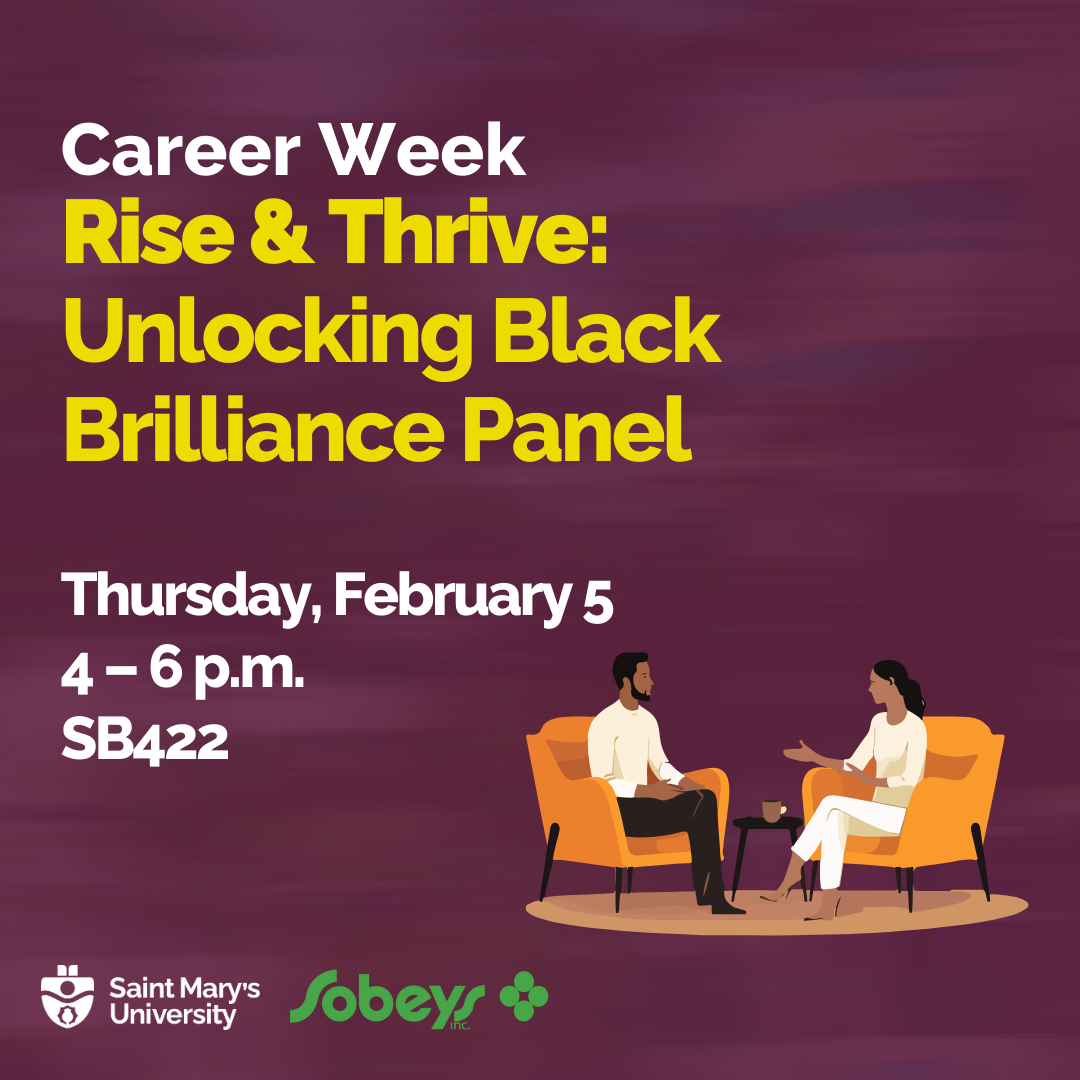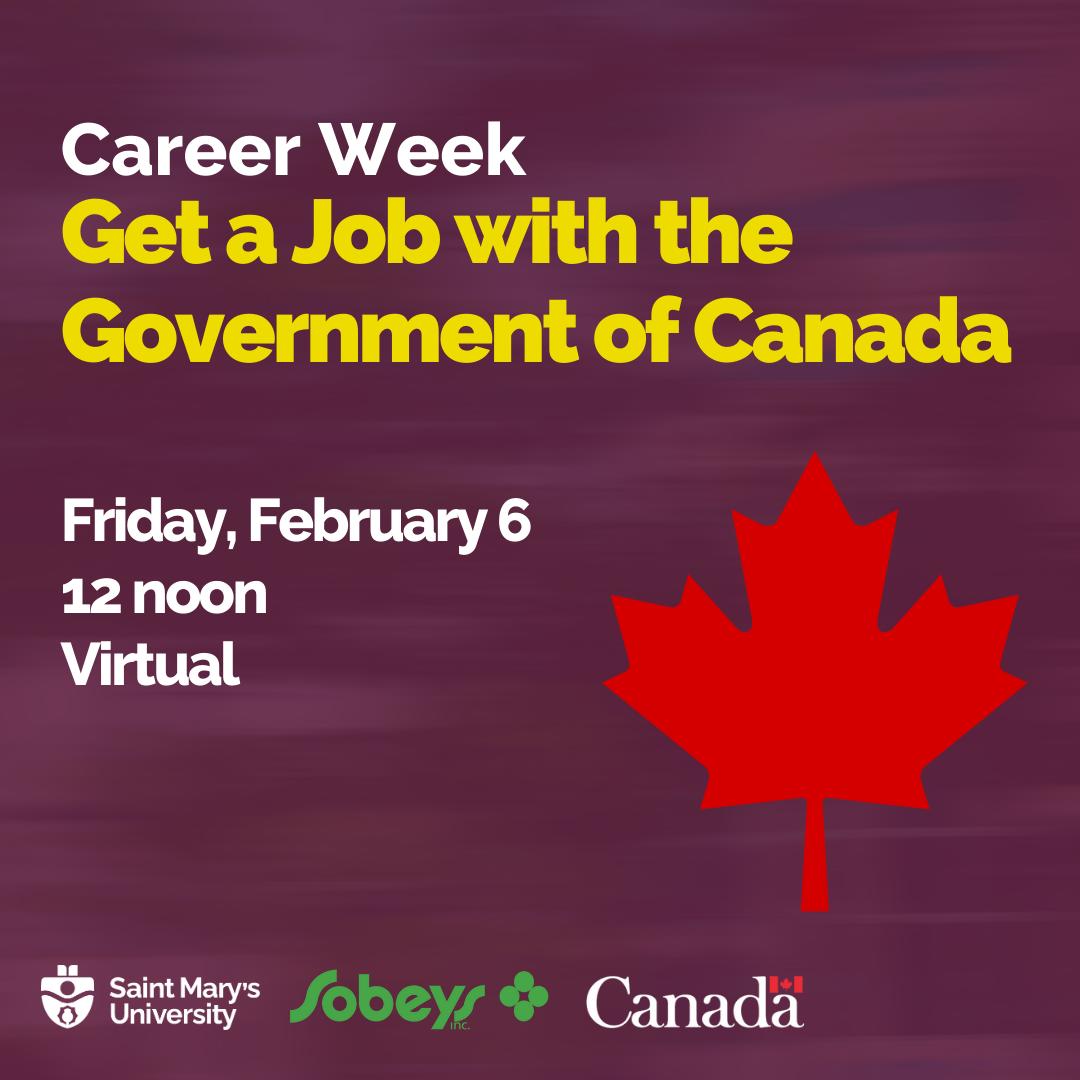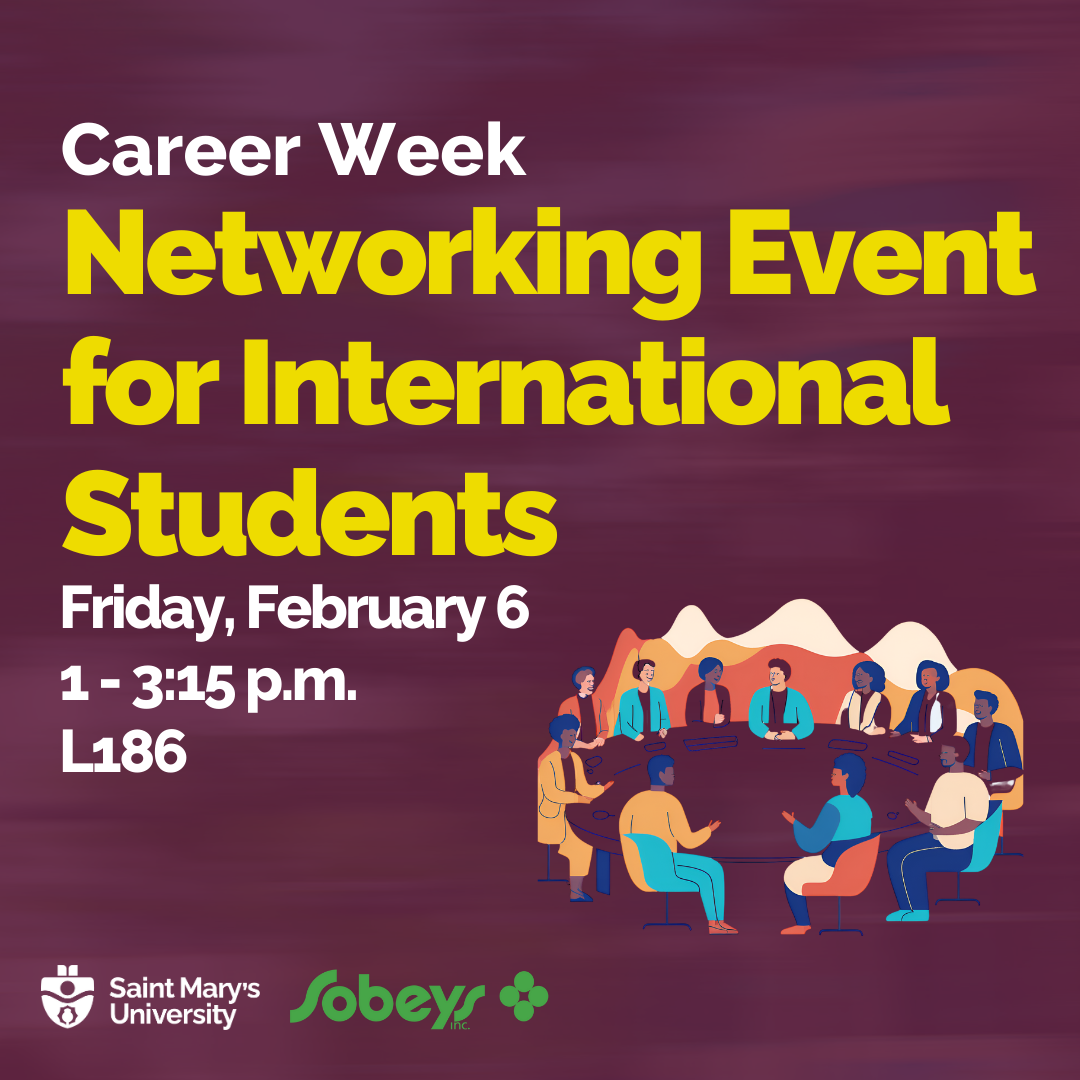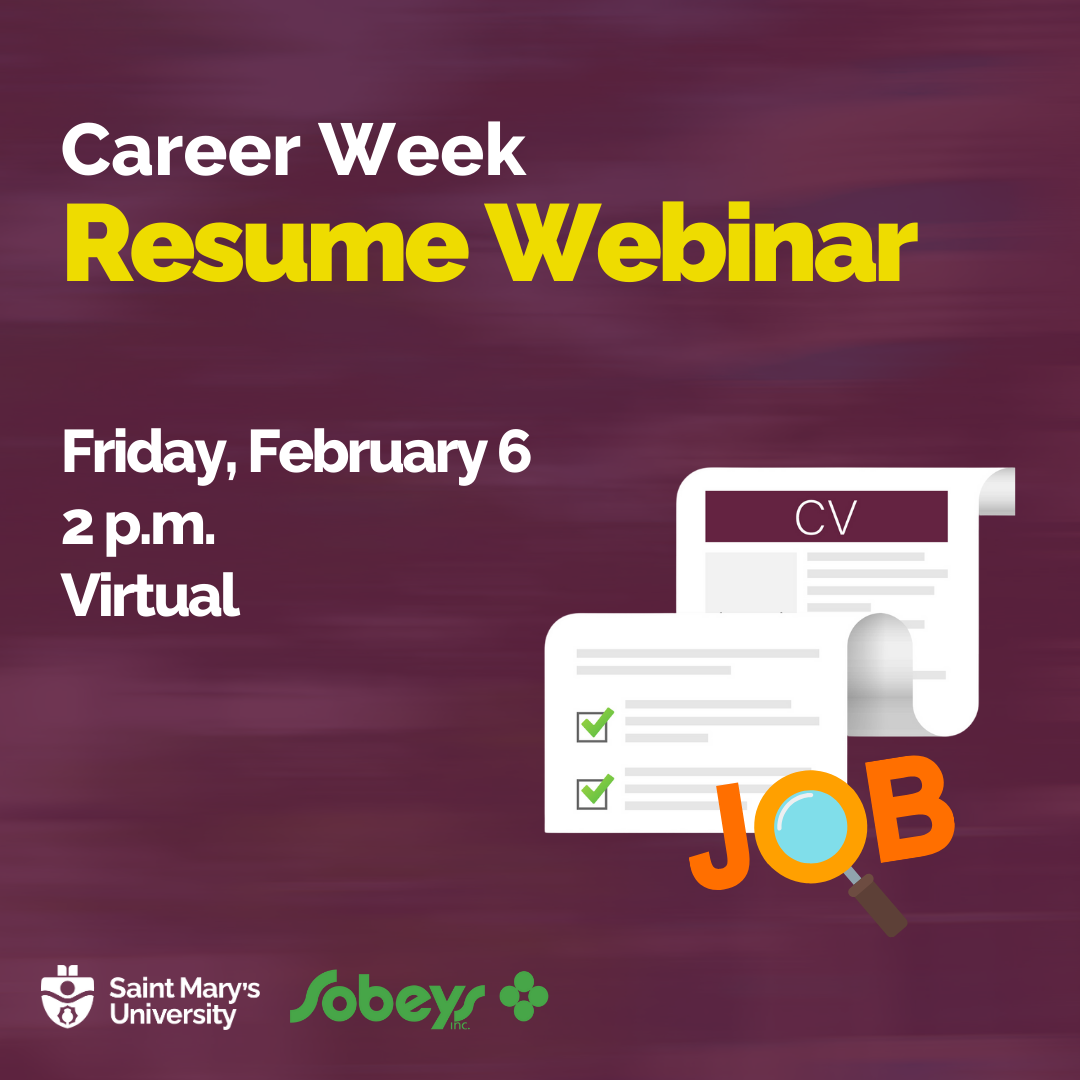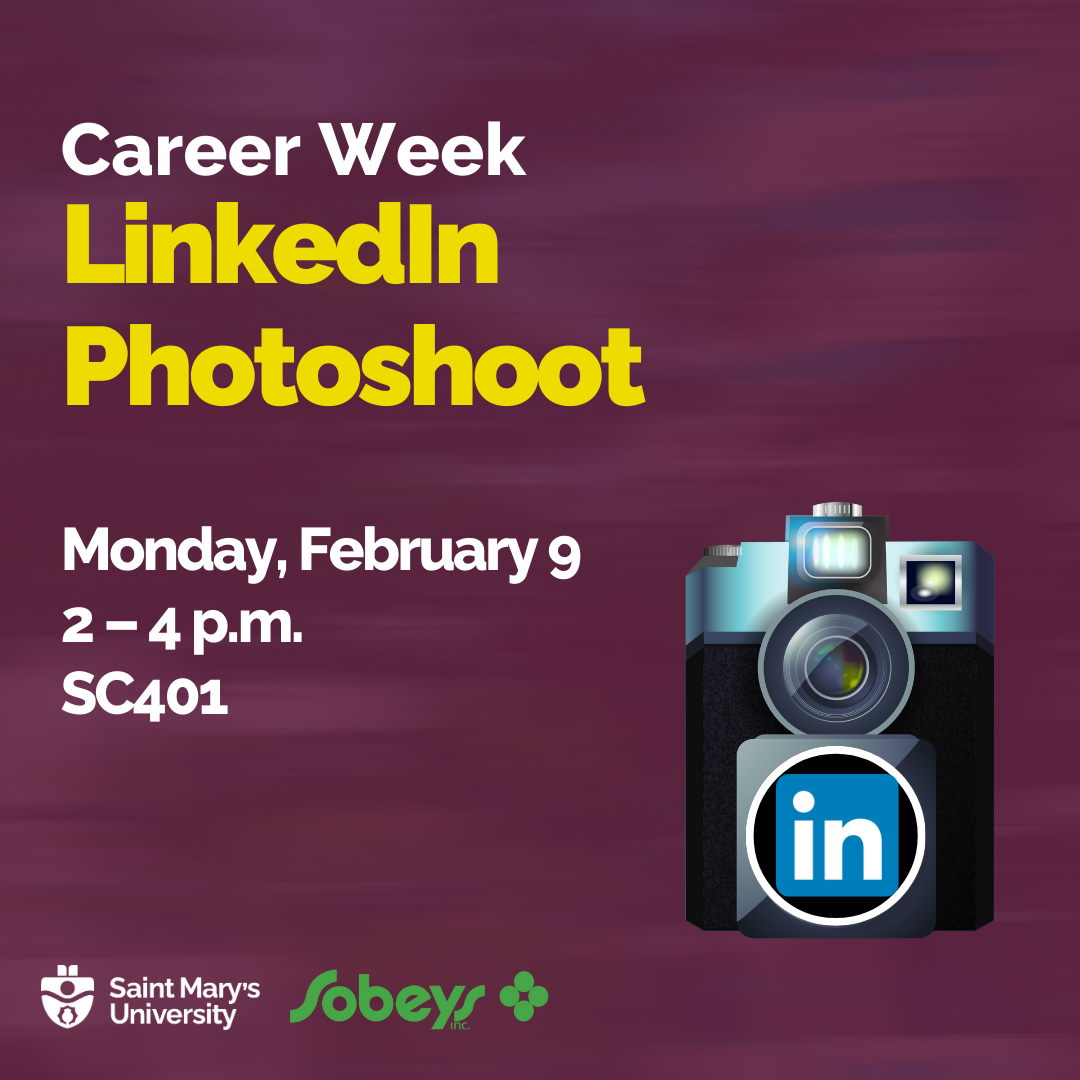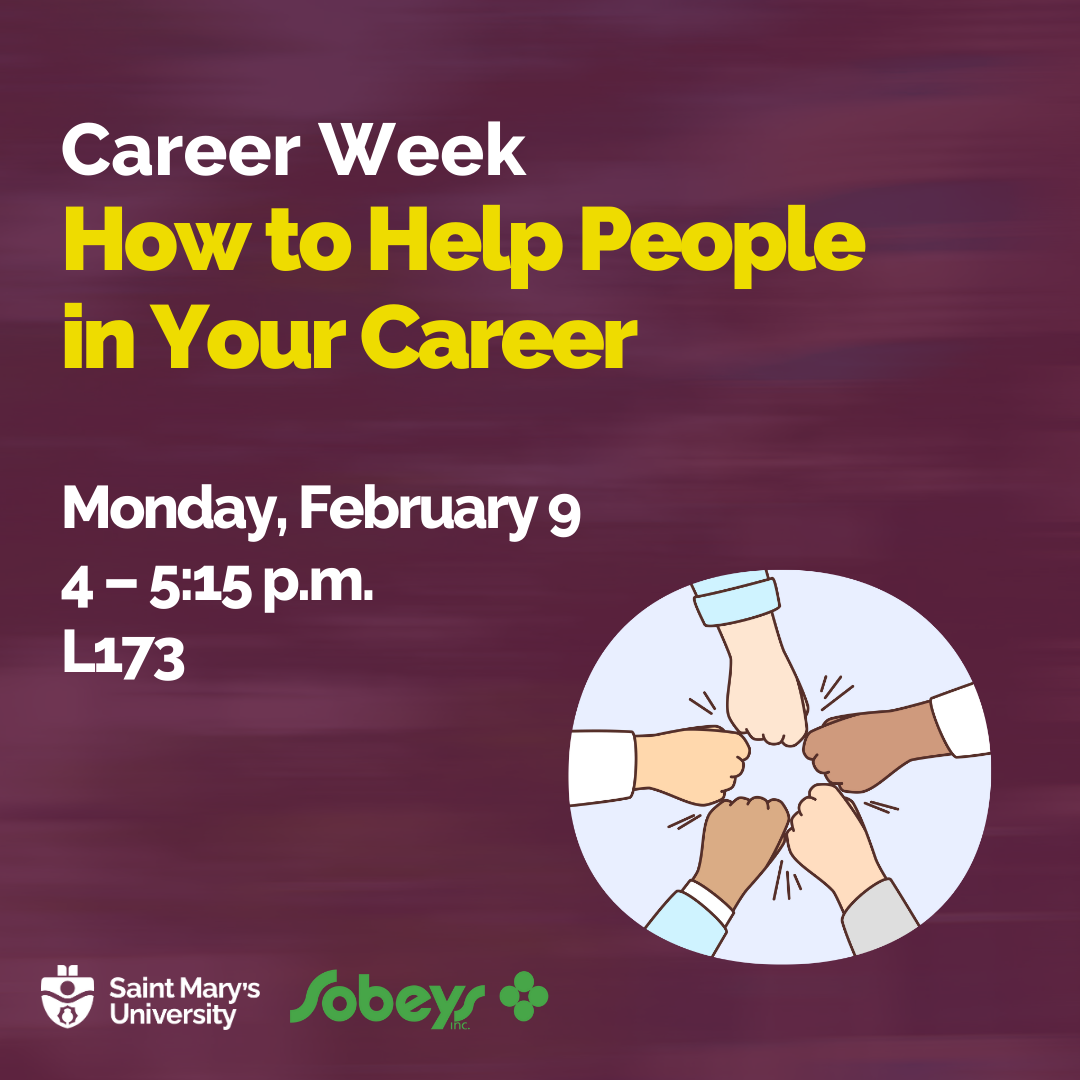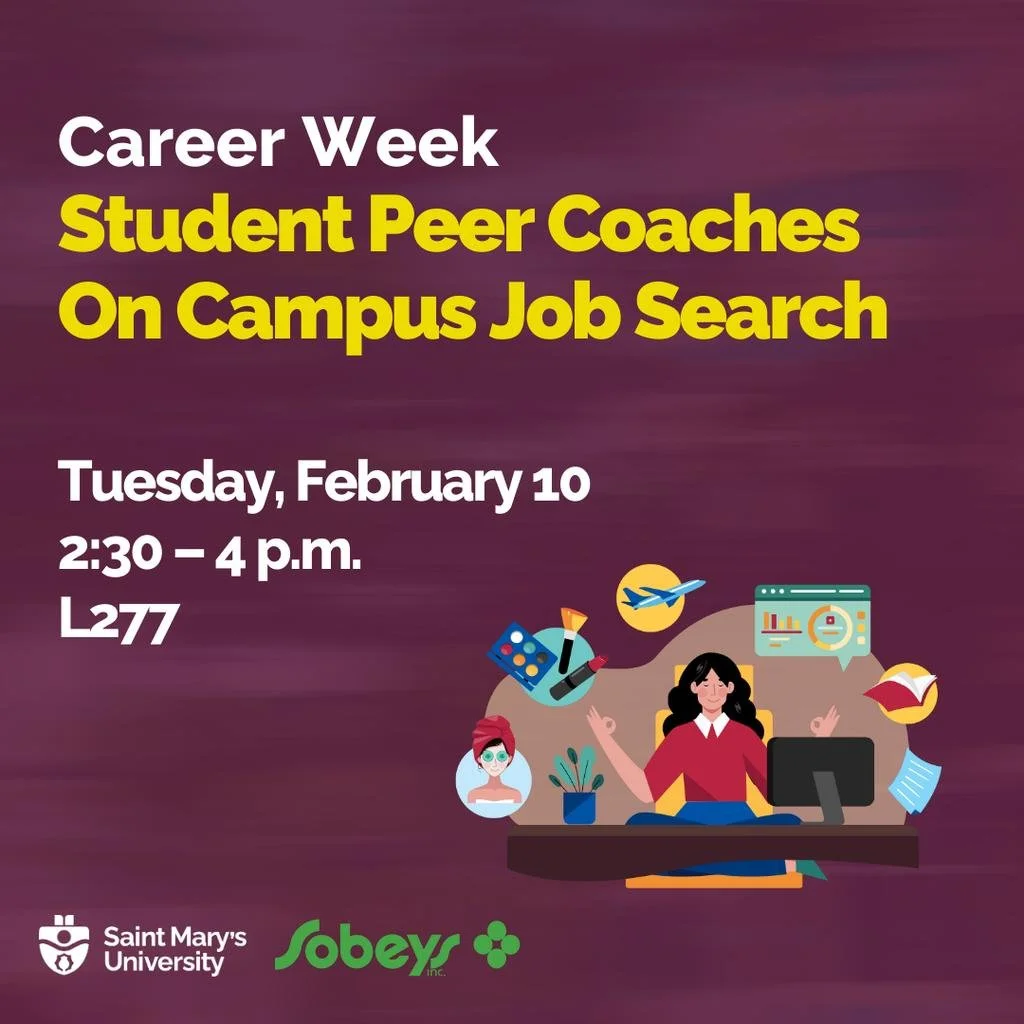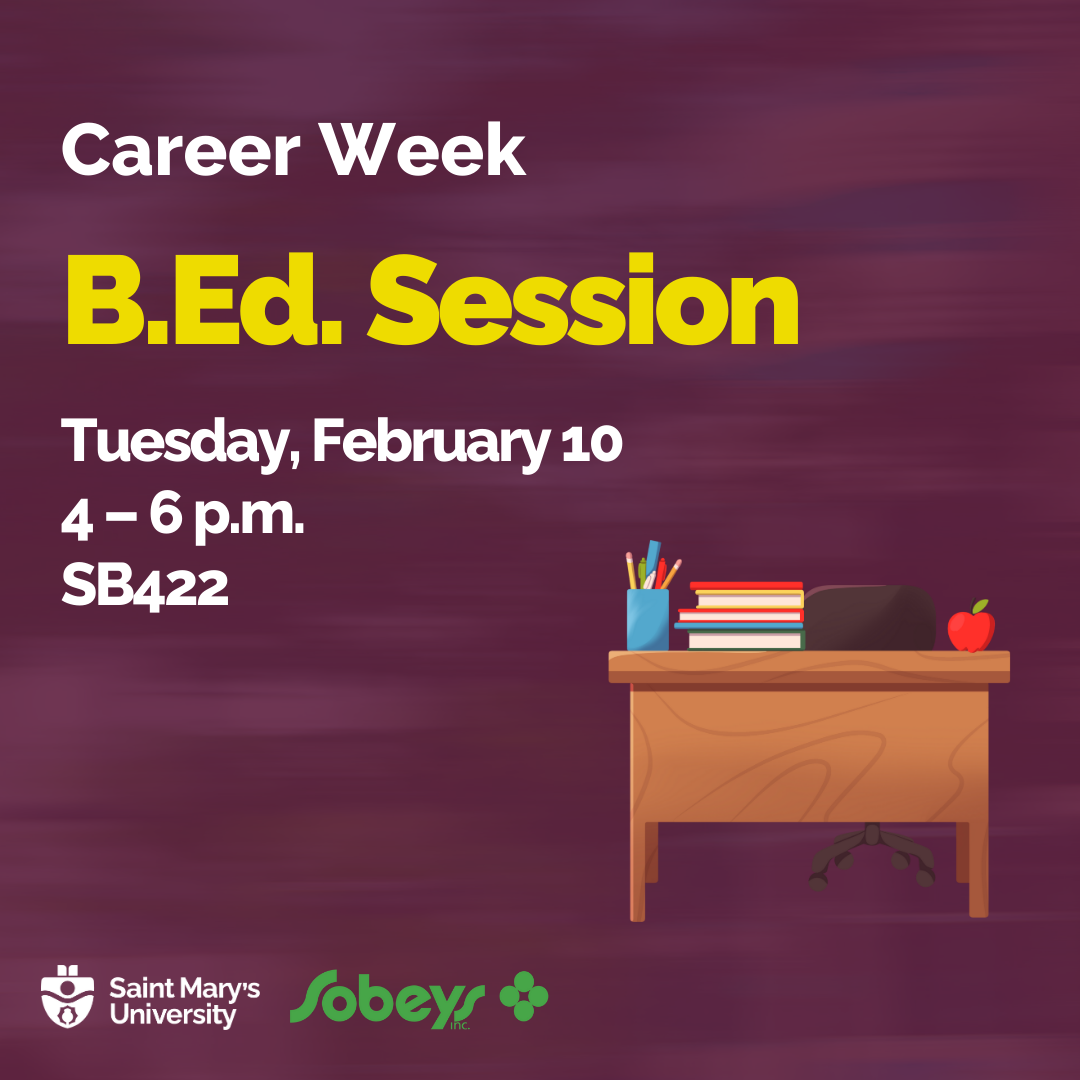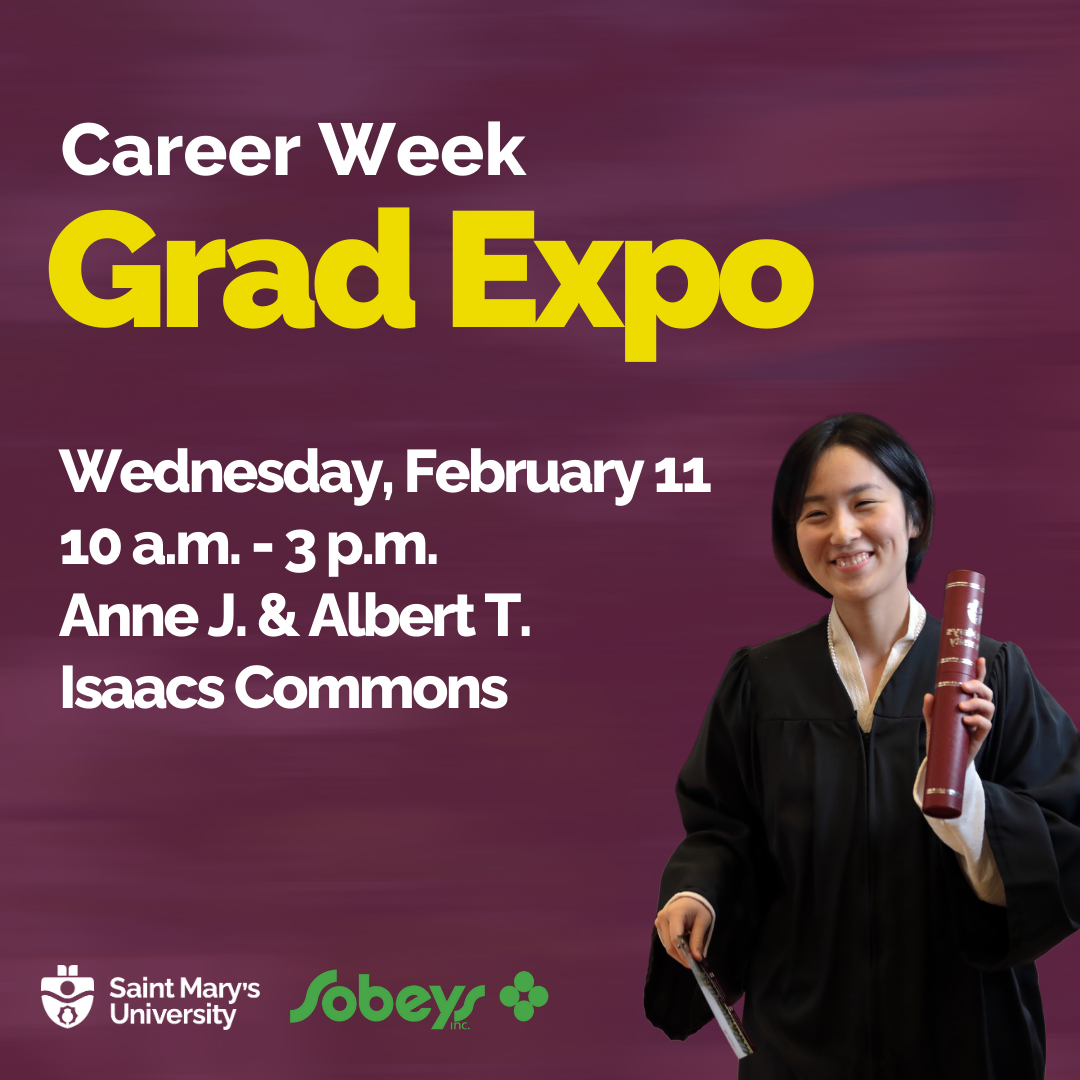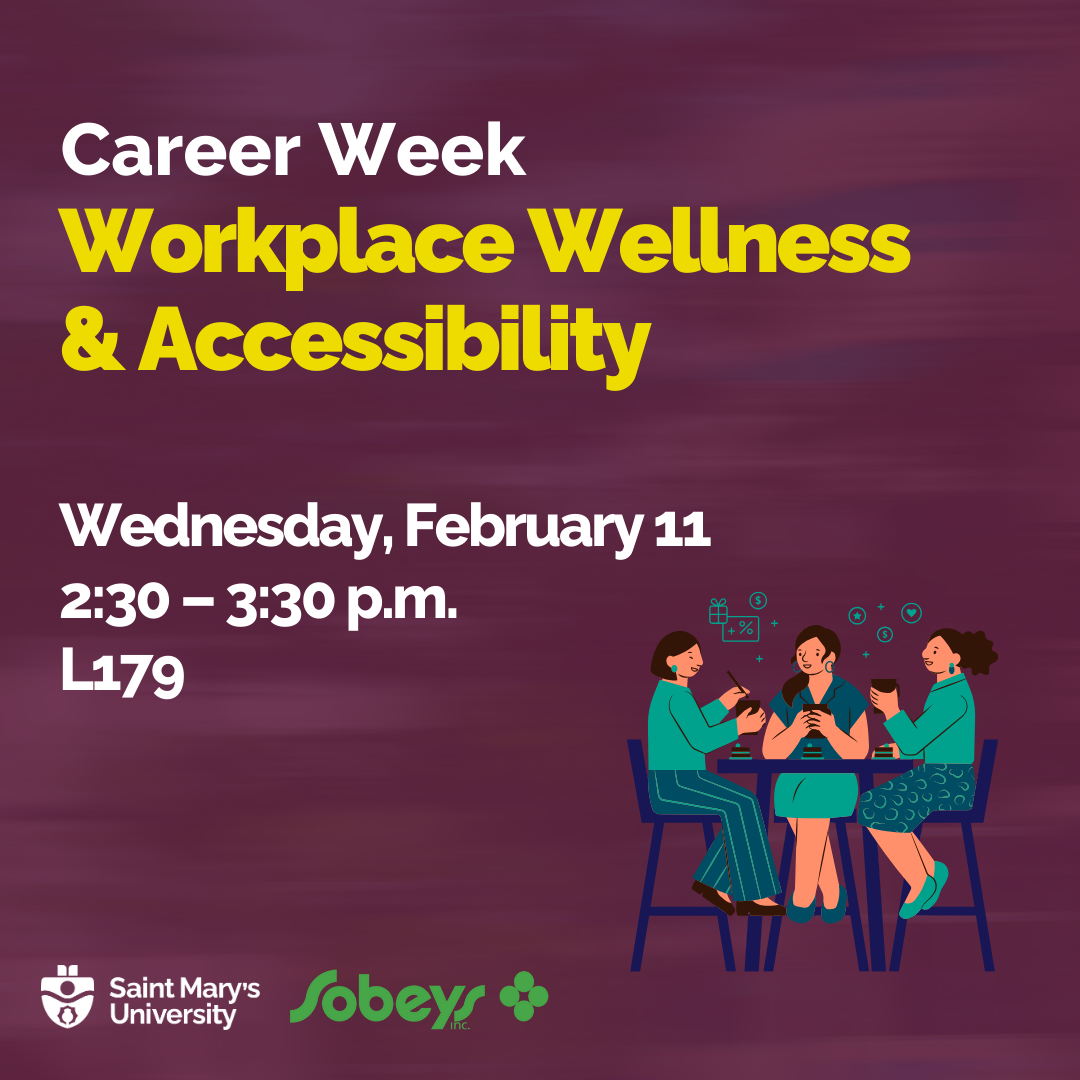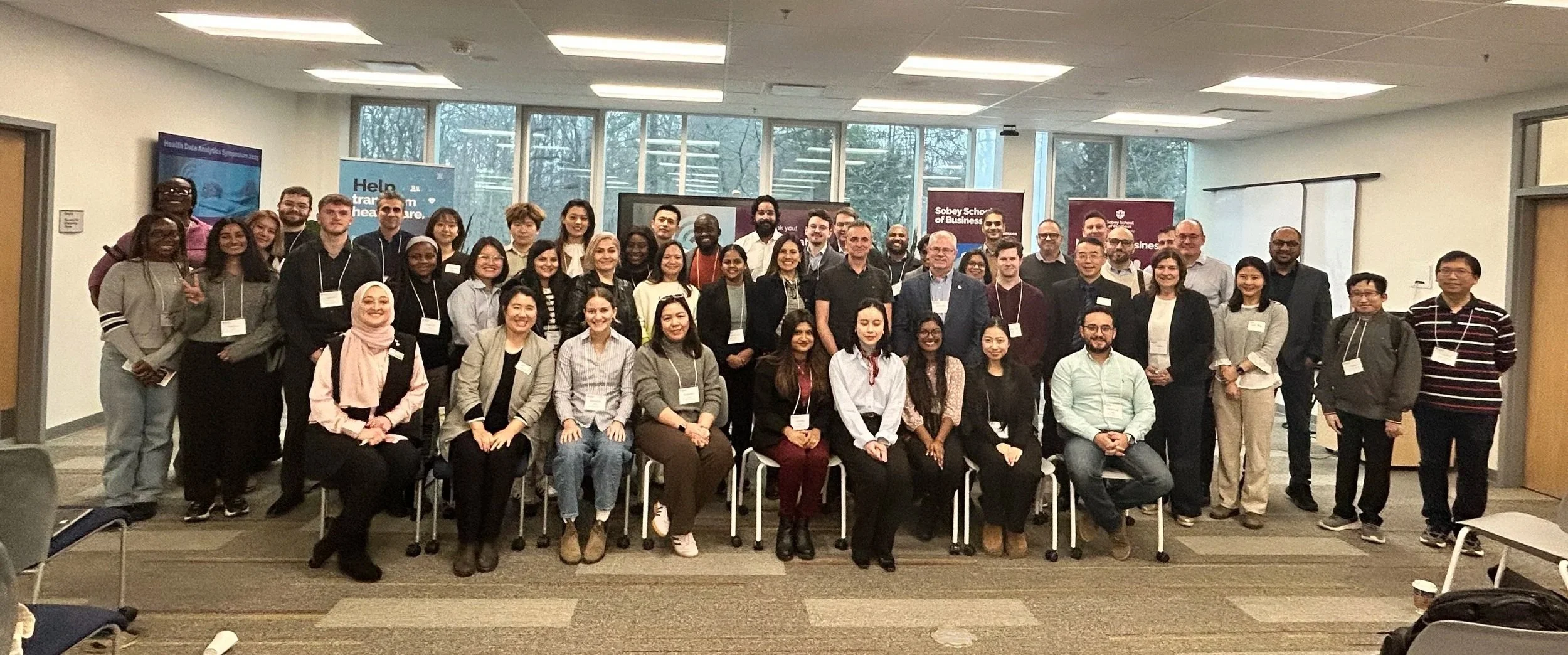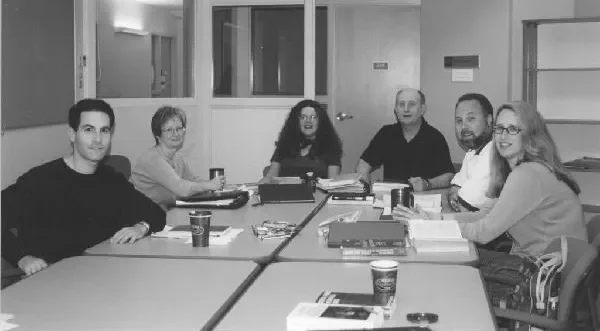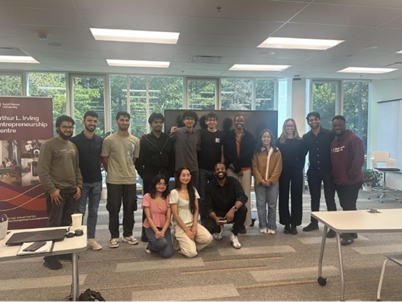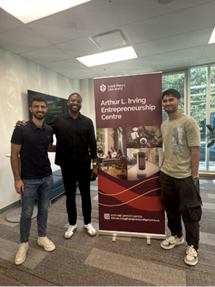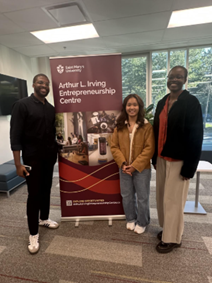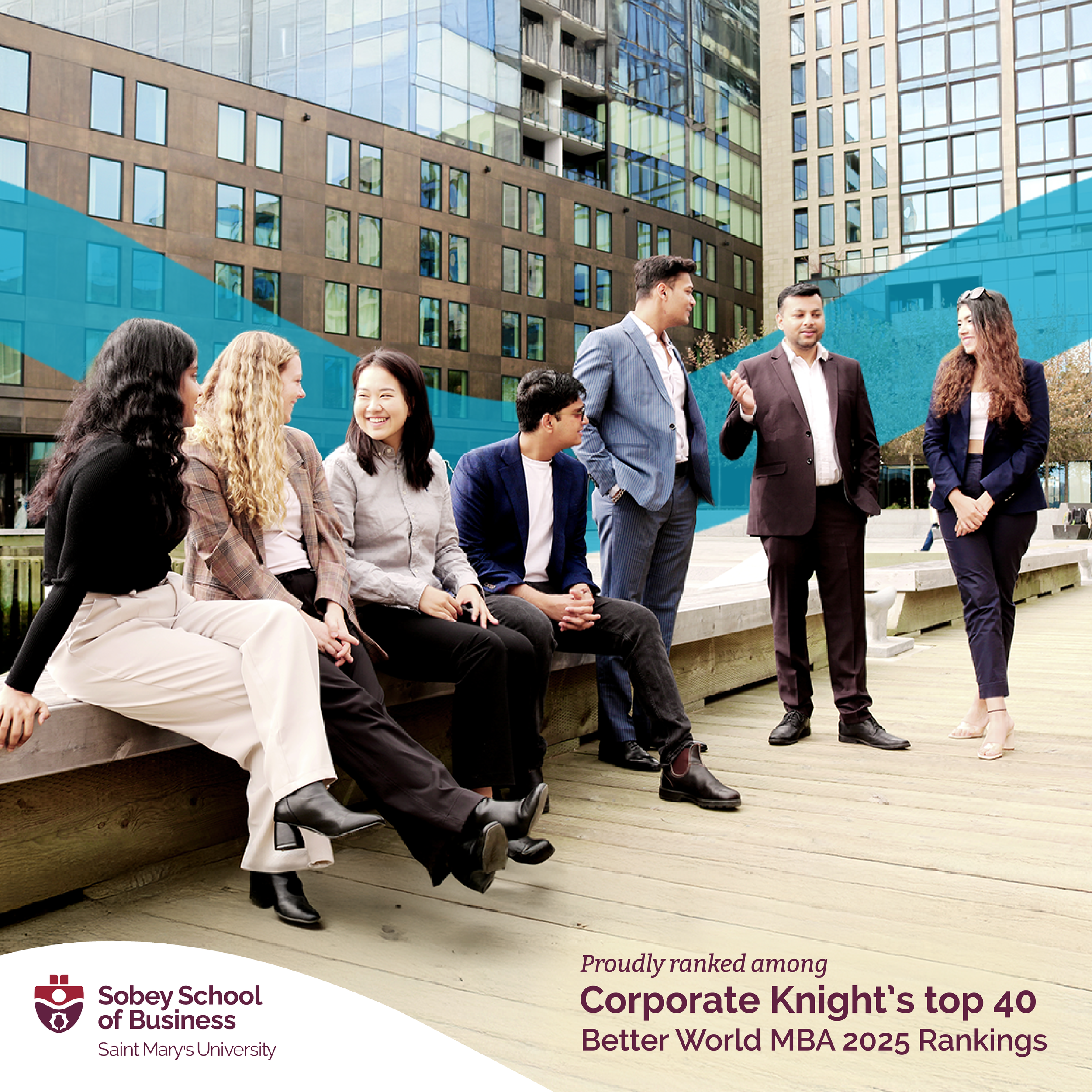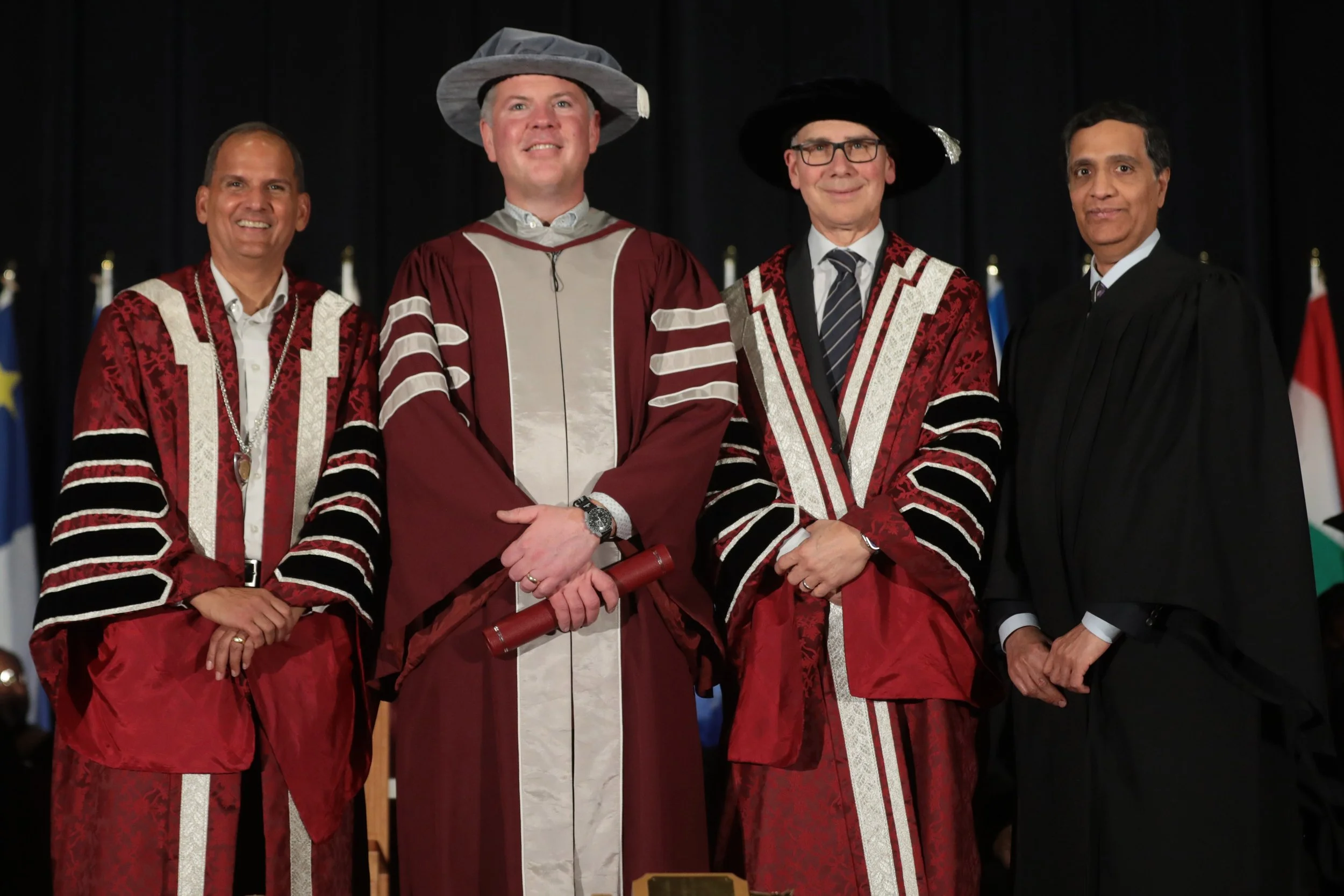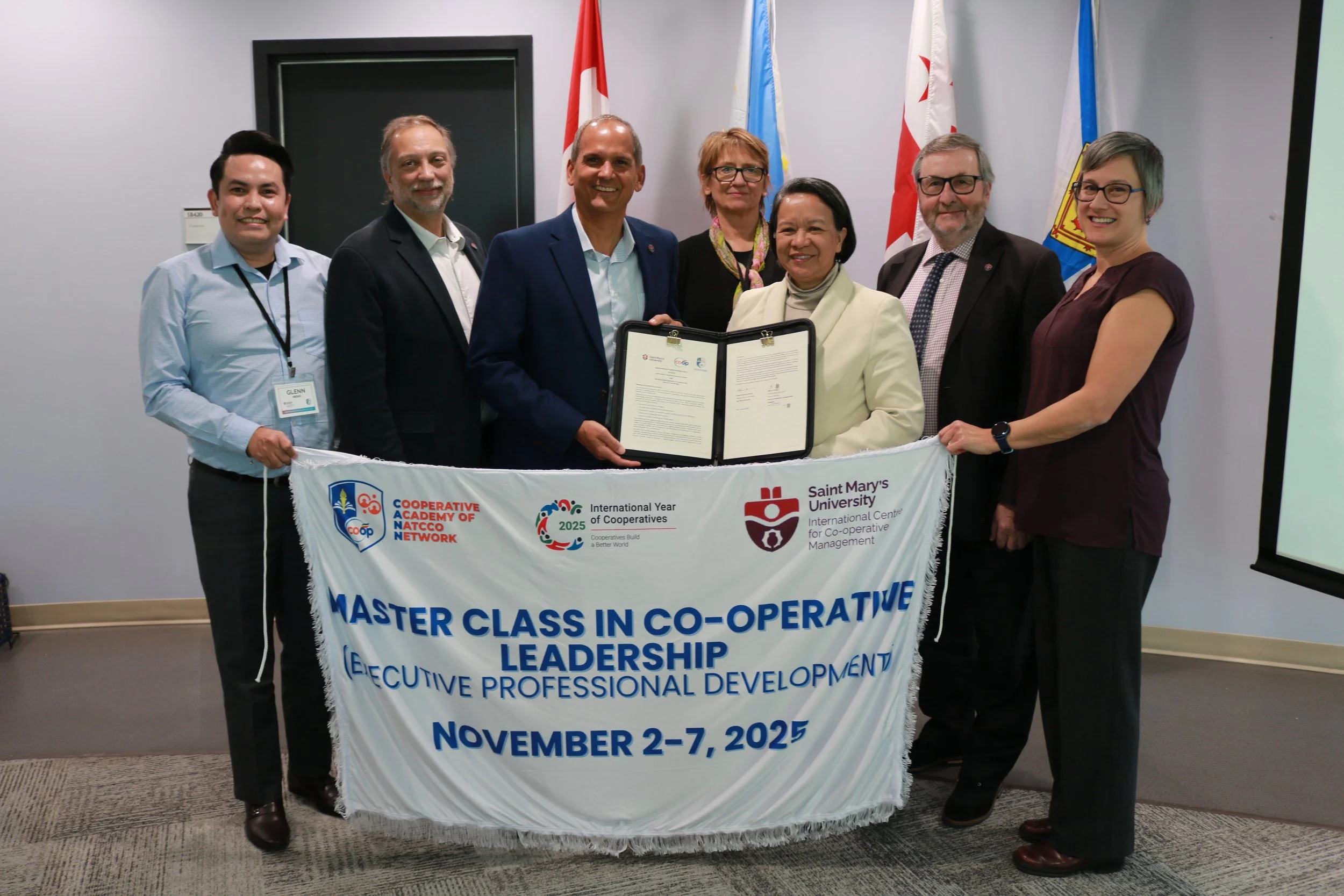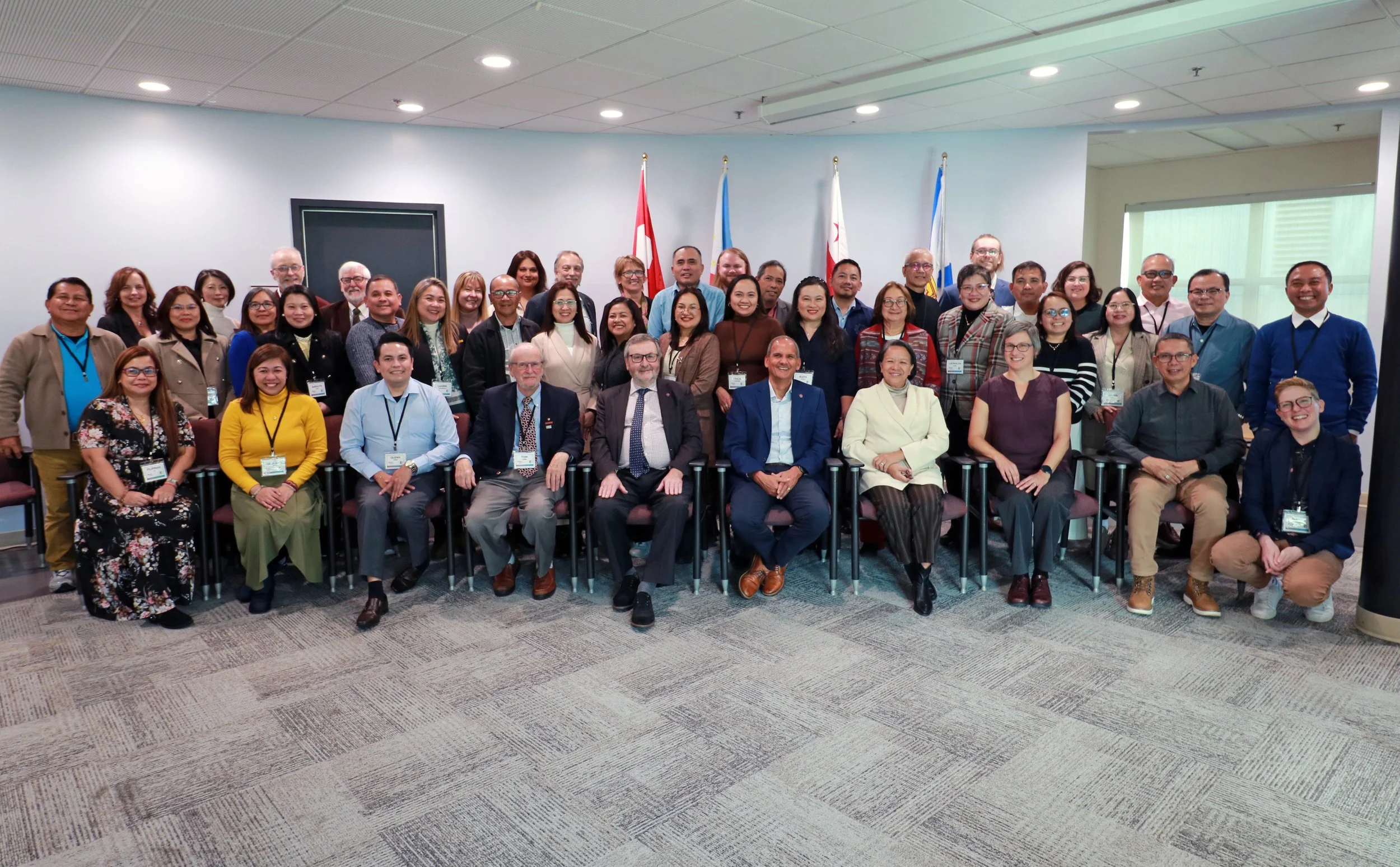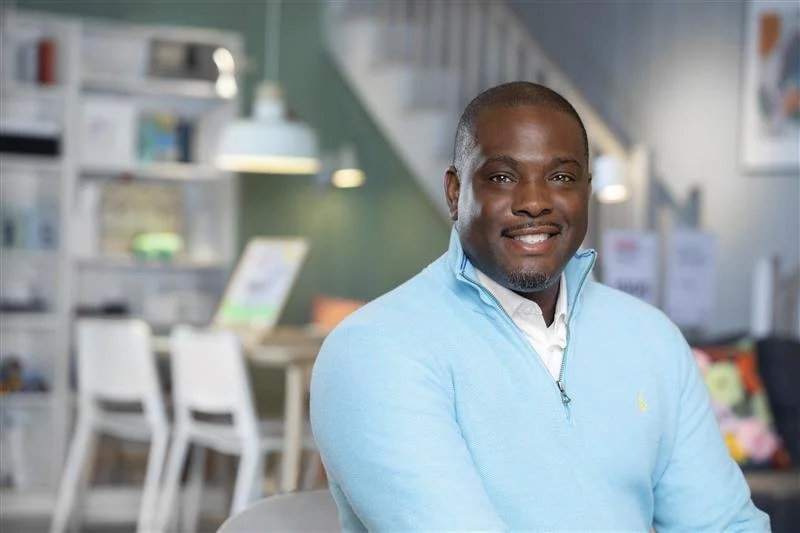Clara Gascoigne BComm’23 MBA’25 leading the Huskies to greatness during her time on the court
Clara Gascoigne’s time at Saint Mary’s was anything but ordinary.
Breaking records in the classroom and on the court, the Sobey School of Business graduate made a name for herself as one of the most decorated players in U SPORTS women’s basketball, earning accolades like U SPORTS Defensive Player of the Year and AUS Most Valuable Player, while leading the Huskies to three straight AUS Championships.
Academically, she’s just as talented, earning five U SPORTS Academic All-Canadian selections and several scholarships.
Her road to success was carved through years of hard work, exemplary leadership and grit, culminating in her being recognized as a Top 8 Academic All-Canadian last week in Ottawa, Ontario.
Putting the “student” in “student-athlete”
Student-athletes have a unique blend of responsibilities as they balance study schedules and exams with training and competition. Reaching the top in both categories is difficult, and U SPORTS Top 8 recognition is a mark of that incredible achievement.
The Top 8 distinction represents the highest individual academic honour bestowed by U SPORTS, as student-athletes must maintain an academic average of 80 per cent or higher while continuing to compete in their chosen sport. From that group of high-achieving, high-performing athletes, only eight are selected annually to represent this dual achievement. See the 2024-2025 cohort of Top 8 Academic All-Canadians here.
Gascoigne represented Atlantic Canada over two days of recognition and celebration, earning private tours of the Senate and the House of Commons, as well as a Parliament Reception and a meeting with the Right Honourable Mary Simon, Governor General of Canada. She also met with Shannon Miedema, Member of Parliament for Halifax.
“I got the call that I had won just before Christmas. I feel very honoured and humbled to have been chosen.”
This experience isn’t just another feather in Gascoigne’s cap: it represents a journey of growth and evolution unique to the student-athlete experience she had at SMU.
Journey to the top
Gascoigne’s road to academic success started during the first year of her Bachelor of Commerce – but not how you’d expect.
“The first couple of weeks can be slow, and you’re really enjoying the university experience – so it kind of lulls you into a more relaxed rhythm that changes very, very quickly once you get to midterm season,” she says. Between adapting to the increased time-management needs of university, adjusting to life outside of high school, and juggling training and game schedules on top of that, she was in for a shock when that first mid-term season came around.
“I remember I didn’t get the grades I wanted in that first set of mid-terms, and I immediately recognized that was completely self-inflicted.”
Gascoigne leaned on the resources available to her at SMU and took great advice from her coaches, classmates and teammates to get back on track academically.
“I feel like this is an experience a lot of people can relate to in their first year, and as a student-athlete, that experience was amplified by my training schedule and game commitments.”
“Time management was a very necessary skill to balance my academics with my athletics, and I felt very strongly about leading by example. I wanted to set a standard for our team and put an emphasis on the ‘student’ in ‘student-athlete’ – which is something I think SMU does really well.”
Learning to manage her time and energy was essential to her success. As she grew into her role as Team Captain, she made a point of modelling those systems for her teammates – a trait that has stayed with her after completing her Master of Business Administration in May 2025.
Life after sport
Although Gascoigne hasn’t touched a basketball since graduation, she continues to draw on her student-athlete experience in her work with Doane Grant Thornton Halifax, a job she secured in part through her robust education with the Sobey School of Business.
“Being a team player and understanding how to work collaboratively towards a common goal is a great skill to bring to the job market – and it’s a skill you build in spades as a student-athlete.”
With her BComm and MBA behind her, her eye is already on her next prize as she works towards her official designation as a Chartered Professional Accountant.
Once she’s made a name for herself in the workforce, she intends to return to sports as a coach — leading the next generation of athletes to follow in her footsteps.
Related:
2024-25 Huskies Athletic Awards Night: Gascoigne, Gentile named Athletes of the Year
Clara Gascoigne earns 2025 James Bayer Memorial Scholarship Award
Clara Gascoigne named U SPORTS Defensive Player of the Year, First Team All-Canadian
Watch: U SPORTS 2025 Women’s Defensive Player of the Year: Clara Gascoigne


